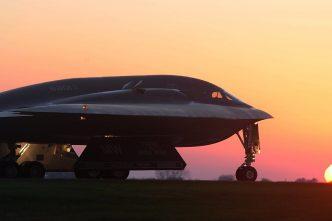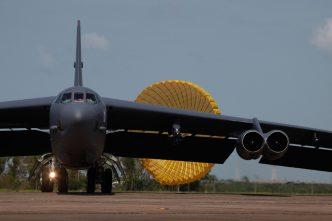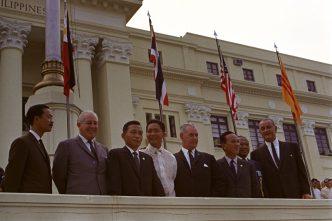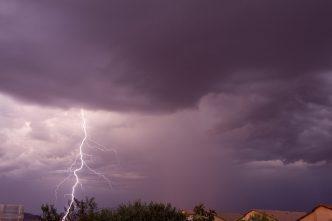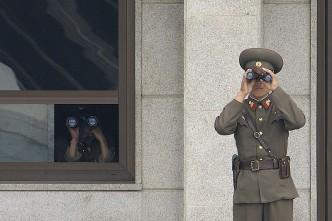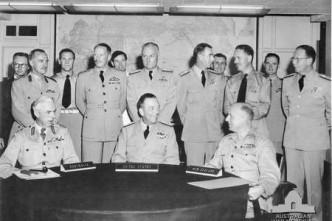As great-power competition intensifies, the role of deterrence and the potential for escalation have taken on renewed importance in the security calculations of Australia and other US allies. How to manage deterrence and escalation is …
Speaking at the Hudson Institute in Washington two weeks ago, Defence Minister Linda Reynolds affirmed Australia’s readiness to play a more active role in supporting US deterrence in the Indo-Pacific. Her remarks come at a …
The most recent meeting of the Quadrilateral Security Dialogue on the sidelines of the East Asia Summit in Singapore last November suggests that the US, India, Japan and Australia regard the initiative as a geostrategic …
The recent exchange between Malcolm Turnbull and Donald Trump over the Manus Island refugee deal has quickly been portrayed as a barometer of the health of the Australia–US alliance. Some observers of the alliance have …
Strategic analysts have a poor record of anticipating the future shape of international relations. Most famously, apart from a few obscure French historians, no-one seriously foreshadowed the demise of the Soviet Union and subsequent end …
Recent posts by Tanya Ogilvie-White, Ron Huisken, and Rod Lyon provide stimulating perspectives on North Korea’s evolving strategy and international responses to it. The lion’s share of recent commentary on North Korea has tended to …
Future challenges to the US–Australia alliance will revolve around tensions inherent in what Glenn Snyder identifies as ‘the alliance security dilemma’. Modern alliances are characterised by the dual fears of abandonment and entrapment—the client state …
